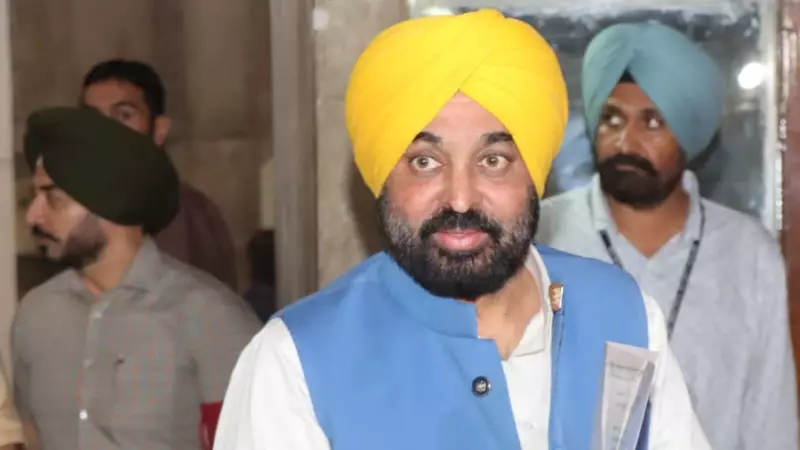
The Indian government's recent decision to bring Chandigarh under Article 240 of the Constitution has reignited long-standing tensions in Punjab, raising fresh concerns about the state's administrative rights over its designated capital.
Historical Context of Chandigarh Dispute
Chandigarh holds a special place in Punjab's political and emotional landscape. Conceived by India's first Prime Minister Jawaharlal Nehru as a healing symbol for a Punjab divided by Partition, the city evolved into the joint capital of Punjab and Haryana following the 1966 reorganization of states. The original understanding promised that Haryana would eventually build its own capital, leaving Chandigarh exclusively to Punjab - a commitment that remains unfulfilled to this day.
Since 1984, the administrative arrangement has seen the Punjab Governor serving dual roles as the Union Territory Administrator, with officers from Punjab and Haryana sharing responsibilities in a 60:40 ratio. This unique arrangement has persisted for decades, though not without recurring tensions.
Recent Developments Escalating Tensions
The Centre's move to place Chandigarh under Article 240, enabling the appointment of a Lieutenant Governor to administer the Union Territory, comes at a particularly sensitive time. The announcement on November 23, 2025 coincided with the 350th anniversary of Guru Tegh Bahadur's martyrdom, adding emotional weight to an already charged political atmosphere.
This decision follows closely on Chief Minister Bhagwant Mann's recent reiteration of Punjab's claim to Chandigarh during the North Zone Council meeting with Union Home Minister Amit Shah. The timing has been viewed by many in Punjab as particularly provocative, coming days after the state government had forcefully asserted its rights over the city.
The controversy extends beyond just capital city administration. Earlier, passionate protests erupted against the Centre's move to dissolve the 59-year-old Senate of Panjab University, a decision widely perceived as an attempt to tighten central control over the institution before it was eventually rolled back.
Broader Pattern of Central Intervention
This latest development represents part of a broader pattern of increasing central influence in Chandigarh's administration. Officers from the AGMUT cadre now occupy several key positions, with similar changes visible in the police department. In 2022, the Union Home Minister announced central pay scales for UT employees, replacing the previous Punjab service conditions.
The water distribution issue further complicated relations this summer when the Centre and Bhakra Beas Management Board directed the release of additional water to Haryana beyond its allocated share. When Punjab protested what it called "malicious overreach," the Centre responded by deploying CISF personnel to secure the Bhakra and Nangal dams - another unprecedented move in the often strained relationship between Punjab and the Union government.
Local Sentiments and Political Implications
Despite the political tensions, most Chandigarh residents prefer maintaining the status quo. The city attracts people from across India, with residents benefiting from central funds and the influence that comes from being the power center for two states. This arrangement has endured despite occasional political grandstanding from various quarters.
However, the symbolic importance of Chandigarh in the Punjabi imagination cannot be underestimated. For Punjab, the city represents more than just administrative headquarters - it embodies state identity and historical promises. The perceived erosion of Punjab's rights over Chandigarh feeds into broader narratives of central discrimination against a border state with only 13 Lok Sabha seats, seen by many as insufficient to influence Delhi's decisions.
As political observers note, stability in this sensitive border state depends as much on empathy as on governance. The recurring question remains: why create tensions where none need exist? The city's unique status continues to be a flashpoint that resurfaces with every major agitation in the state, reminding all stakeholders of unresolved historical commitments and contemporary political realities.






